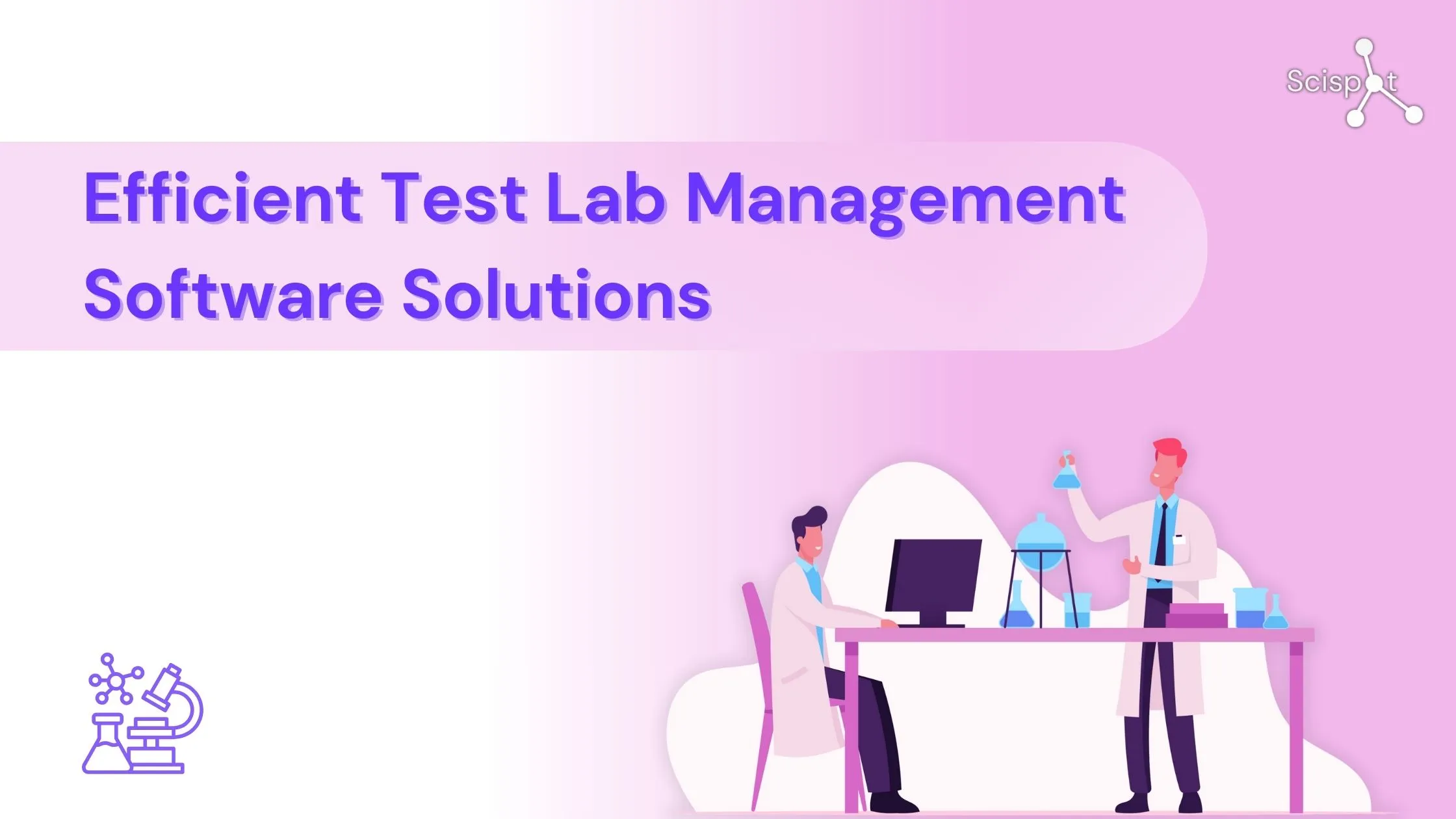Laboratories generate vast amounts of data daily, requiring structured workflows to maintain accuracy, ensure compliance, and enhance productivity. However, many scientific and medical research labs still rely on outdated systems like spreadsheets and fragmented data storage, leading to inefficiencies, misplaced samples, and unnecessary delays.
Without an effective Sample Tracking System for Labs, maintaining traceability becomes difficult, and fragmented data storage results in inconsistencies. Lab Workflow Automation Tools and Automated Data Integration for Laboratories address these challenges, improving efficiency and reducing manual work. By adopting these solutions, labs can enhance operations, optimize resource management, and achieve more precise research outcomes.
Key Challenges in Lab Operations
Scientific and research labs frequently encounter operational hurdles that impact their efficiency and compliance. Some of the most pressing challenges include:
- Sample Misplacement and Tracking Issues: Without a Sample Tracking System for Labs, tracking sample locations, aliquots, and chain-of-custody can be difficult. Misplaced or mislabeled samples cause research delays and impact accuracy.
- Manual Data Entry and Formatting Issues: Manually entering data from lab instruments is time-consuming and prone to errors. Automated Data Integration for Laboratories eliminates redundant data handling, ensuring seamless, structured data flow.
- Slow, Fragmented Workflows: Manual processes slow research progress. Lab Workflow Automation Tools standardize and optimize operations, reducing human intervention and speeding up research workflows.
- Compliance Risks and Data Management Gaps: Labs face compliance challenges due to inconsistent record-keeping. Without Centralized Lab Data Management, data inconsistencies and missing records can lead to regulatory hurdles.
- Poor Communication and Data Sharing: Many labs struggle with collaboration due to decentralized data storage. A lack of real-time access to shared lab data results in inefficiencies and duplicated efforts.

How Digital Lab Solutions Improve Efficiency
Modern lab solutions leverage Automated Data Integration for Laboratories and workflow automation to improve research outcomes, compliance, and operational efficiency. Here’s how they help:
Enhancing Sample Tracking for Accuracy and Compliance
A Sample Tracking System for Labs assigns unique barcodes or identifiers to each sample, ensuring full traceability throughout the sample’s life cycle. This minimizes misplacement and strengthens chain-of-custody documentation.
Advanced freezer management tools and real-time sample tracking dashboards provide precise storage location mapping, reducing retrieval time and ensuring optimal sample utilization.
Automating Data Integration for Laboratories
Instrument connectivity with Automated Data Integration for Laboratories removes the need for manual data entry and formatting. The system structures, indexes, and processes lab-generated data in real-time.
This ensures:
- Faster access to lab data for analysis and reporting
- Fewer transcription and formatting errors
- Seamless integration of various lab instruments with a centralized system
.gif)
Optimizing Workflows with Lab Automation Tools
Lab Workflow Automation Tools improve efficiency by reducing repetitive tasks, streamlining approval processes, and ensuring consistency in lab operations. Predefined workflows standardize procedures, enhancing productivity.
Custom dashboards allow researchers to monitor:
- Sample queues and processing stages
- Instrument utilization rates
- Workflow completion times
Labs can also generate on-demand reports to analyze and refine operational efficiency.
Centralized Lab Data Management for Compliance and Collaboration
Implementing Centralized Lab Data Management ensures secure, structured record-keeping with real-time accessibility for authorized personnel. This reduces duplication, enhances collaboration, and simplifies data retrieval.
Automated logging of every modification ensures full audit trails, improves transparency, and helps labs meet regulatory requirements such as GLP, GMP, and CLIA standards.
Flexible, Scalable Solutions for Research Labs
Unlike legacy systems that require complex coding for adjustments, modern lab platforms allow for workflow customization and seamless integration with other software solutions. This enables:
- Adaptable workflows tailored to specific research requirements
- Scalability as lab operations expand
- Enhanced interoperability between different digital tools, eliminating data silos

Tangible Benefits of Digital Lab Solutions
Scientific and medical research labs that implement structured automation, tracking, and data integration experience significant operational improvements:
- 75% faster data retrieval with Automated Data Integration for Laboratories, enabling rapid decision-making and research acceleration.
- 70% reduction in sample mismanagement errors using a Sample Tracking System for Labs, improving research accuracy and reducing delays.
- 30% increase in research throughput by utilizing Lab Workflow Automation Tools, eliminating inefficiencies caused by manual workflows.
- Improved compliance and traceability with Centralized Lab Data Management, ensuring effortless documentation for audits and regulatory inspections.
- Lower operational costs and optimize resource allocation by automating administrative and routine processes.
For example, a New York-based water testing lab implemented Scispot’s lab automation solutions and achieved a 70% reduction in errors while cutting sample turnaround time by 30%. Read the full case study here: How a New York-Based Water Testing Lab Reduced Errors and Improved Efficiency.
Empowering Scientific Labs with Digital Transformation
For research-driven organizations, Sample Tracking System for Labs, Lab Workflow Automation Tools, and Automated Data Integration for Laboratories are no longer optional—they are essential for maintaining efficiency, accuracy, and compliance.
With Centralized Lab Data Management, labs can eliminate inefficiencies, improve collaboration, and streamline compliance, ensuring they are well-positioned for future growth.
If your lab is ready to transform operations with smart automation and data integration, schedule a free consultation with a Scispot lab solutions expert today.





.webp)

%20(1).webp)



